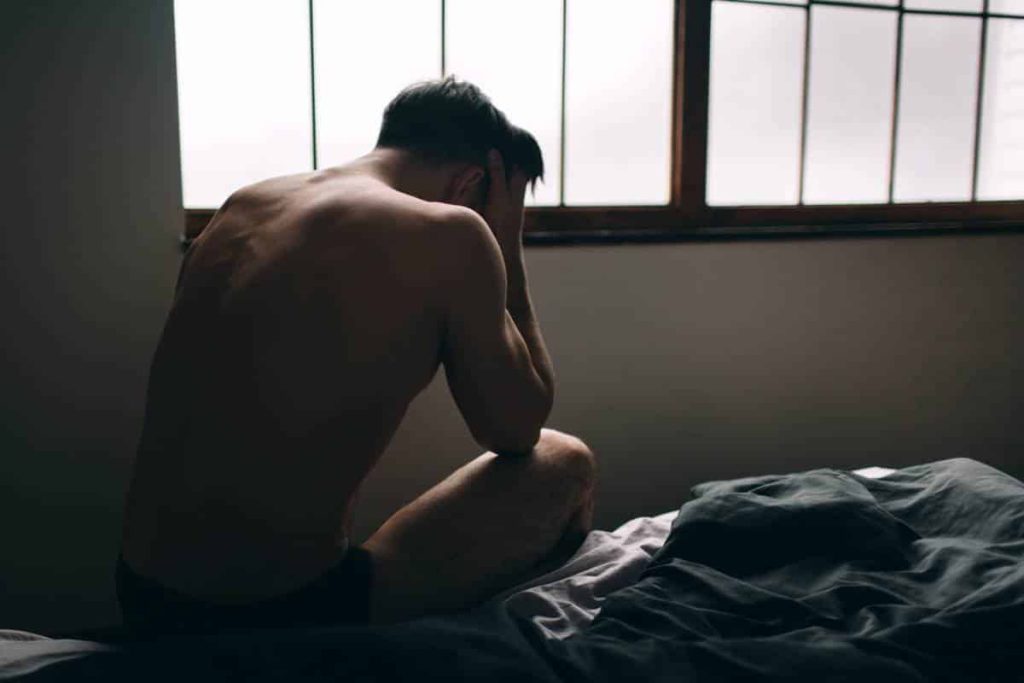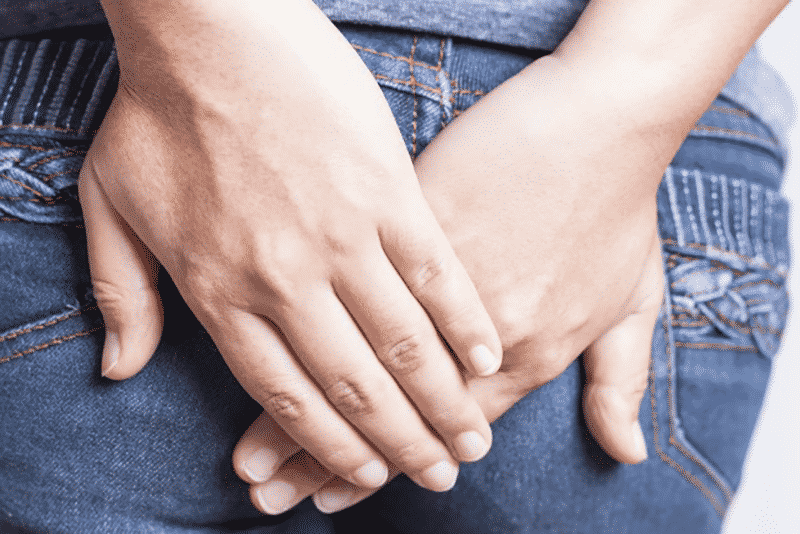Are certain situations difficult for you and cause you great stress? Speaking in public, having a job interview, telephoning in front of strangers… Do these acts of daily life require effort from you? This great anxiety, which resembles shyness, can be characteristic of social phobia. This anxiety disease is diagnosed and can be treated. If you think you are an avoidant personality, take the test and find solutions to overcome your fear of others. Discover the solutions to no longer be a victim of social anxiety.
Summary
Recognize social phobia, the difference with shyness
There are several symptoms to detect this anxiety disorder:
- A social situation or performance situation (like speaking in public) gives you intense fear, especially if you find yourself with strangers. You fear situations in which you could act in an embarrassing or even humiliating way;
- you tend to avoid social situations or you experience them with great anxiety;
- your anxious avoidances and anticipations cause you pain;
- you are very sensitive to criticism, and in general you are afraid of being rejected. This is due to low self-esteem or feelings of inferiority. You are afraid of being perceived as strange or bizarre;
- physical manifestations may occur such as trembling, sweating, blushing or speech disorders (stuttering, for example).
Namely, for minors, the diagnosis is made only if the symptoms last more than six months.
To establish the diagnosis, the subject must not be under the effect of a substance. On the other hand, it should be determined whether other disorders such as agoraphobia cannot explain certain symptoms.
Social phobia should also not be confused with great shyness. It’s normal to have stage fright before going on stage or taking an oral exam, for example. One can feel uncomfortable in a situation without being in avoidance. Social phobia is characterized by the debilitating fear of finding oneself in a given situation. People with social anxiety fear being confronted with the gaze of others.
Read also: How to stop being shy?
Do you suffer from social phobia? The test
To find out if you really suffer from social phobia, there is a simple test. Answer these statements with yes or no. Depending on your answers, identify your subjects of avoidance.
- Sometimes I refuse invitations for fear of feeling uncomfortable.
- I didn’t choose my friends, they found me.
- During a conversation, I often remain silent for fear of saying uninteresting things.
- If I was ridiculous in front of someone, I’d rather never see them again.
- In general, I feel ill at ease in society.
- I have already missed several opportunities in my personal and/or professional life due to avoidance.
- It’s only with my family or friends I’ve known for a long time that I really feel comfortable.
- I often dread not being up to par with people and disappointing them. In the same way, I fear that they will find me uninteresting.
- With a new acquaintance, I do not engage in conversation.
- I have used medications such as tranquilizers or alcohol to feel more comfortable and meet new people.
social phobia, possible causes and effects
How to explain social anxiety? In fact, the causes of social phobia depend on several factors. First there is genetics, but also the role of education. Generally, there are several cases of social phobia in one and the same family. As a child, if your parents had very few social interactions, you are more likely to manifest this anxiety disorder.
To fight against the fear of the other, some subjects are likely to have recourse to additive products. In fact, social anxiety, a source of suffering for the victim, can lead to the taking of alcohol or drugs in order to facilitate meetings.
How to treat a social phobia?
Social phobia, or social anxiety, can be treated with medication (antidepressants, tranquilizers). This treatment is effective in dispelling negative emotions. However, it must be accompanied by psychotherapy.
Namely, some anxiolytics will soothe you but will reinforce your fear of others.
In the case of social phobia, cognitive and behavioral psychotherapies are recommended. Sessions can take place individually or in groups. The approach consists of widening the patient’s comfort zone by helping him to deal with situations that cause him anxiety.
The therapy includes relaxation as well as work on the emotions experienced by the patient. During your sessions, the therapist will list objectives to be achieved.
The role of the environment is also very important. It is recommended to be patient with a person suffering from social phobia. If you have a loved one confronted with this disorder, absolutely avoid any mockery and be understanding. Support him in his efforts to socialize by accompanying him on outings (restaurant, party, etc.).
Read also: How to overcome a psychological block?




